Pros and Cons of Different Commercial Roofing Types
The roof is one of the most important structures of a commercial building. The type of roof you have over your commercial building plays a huge role in your overall costs. A good roof will shield the underlying structures of the building from the elements and help to reduce your energy costs.If you are in the market for new commercial roofing, you want to be sure of selecting a product that will deliver the maximum ROI on your investment. St Louis Management came up with a list of the different types of commercial roofing, along with their pros and cons, which will give you what you need to choose the best roof for your building.
Types of commercial roofing
1. Spray Polyurethane Foam (SPF)
Spray polyurethane foam (SPF) roofing consists of a special foam product with an elastomeric coating. The components are combined in liquid form inside a spray gun and applied to a prepared surface. The mixture hardens into a rigid foam plastic in seconds, expanding to several times its original volume. SPF roofs are quickly becoming the go-to roof for commercial buildings.
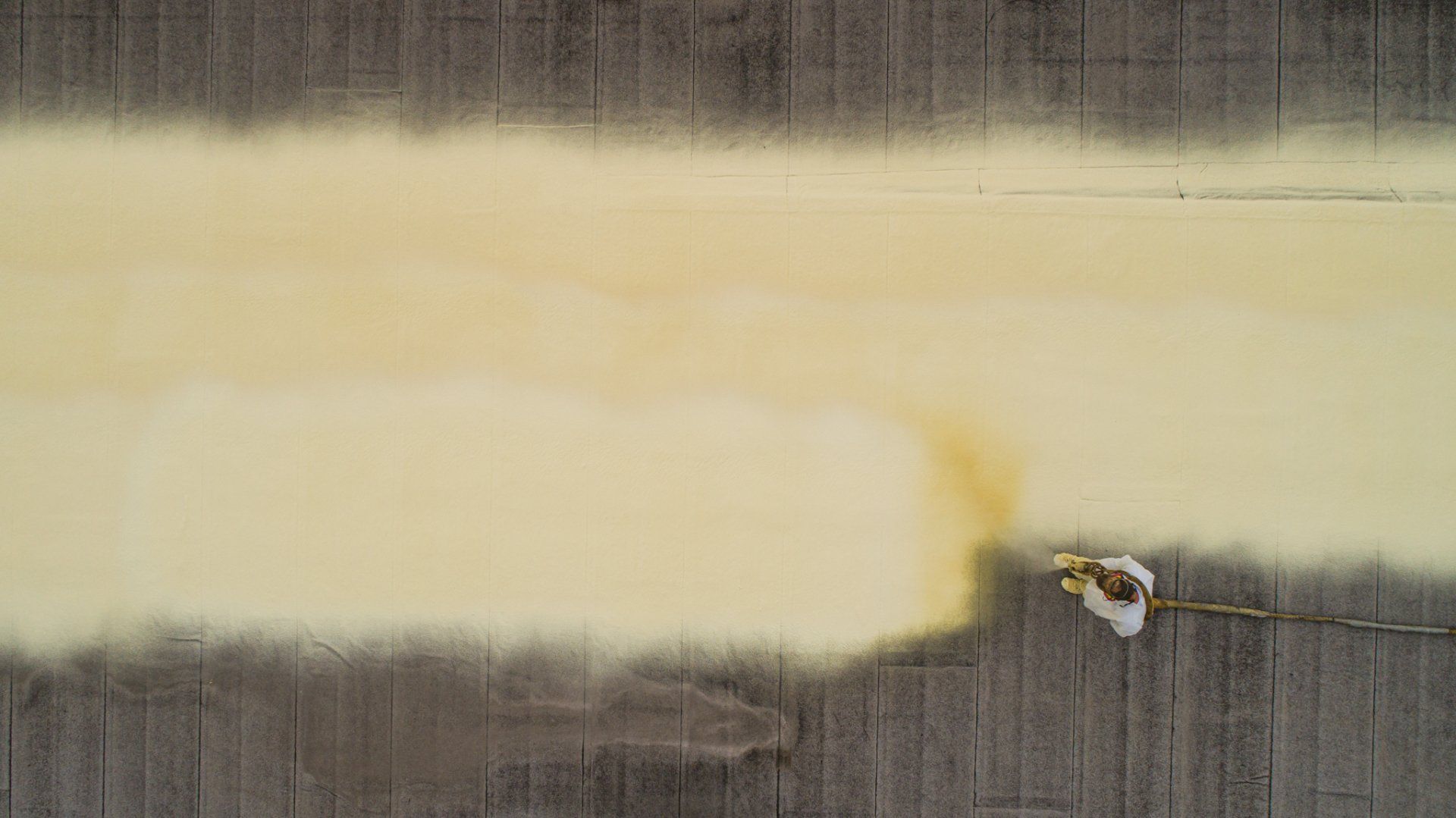
Pros
· SPF is easy to install
The roof can be installed without any need to interrupt the operations of the businesses in a building.
· SPF is adaptable and versatile
Because it is applied in a liquid state, it takes the shape of the surface and quickly bonds to it. It can be applied on an existing roof such as asphalt, shingles, concrete, metal, or wood.
· It is energy-efficient
SPF roofs create a thermal, air, and moisture barrier which keeps heat out in summer and reduces heat loss in winter.
· Ease of maintenance
Apart from biannual inspections, the roof requires almost no maintenance.
· Not vulnerable to leaks
SPF roofs have no seams or penetrations – the primary causes of roof leaks – so they are not prone to leaks.
With an SPF roof, there is no need for a costly roof tear-off or disposing of the resulting waste.
Cons
· Requires a skilled installer
Installing an SPF roof does not need a large crew, but the installer must have a high degree of technical knowledge. Installers must be certified.
· Narrow installation window
SPF roofs need a precise set of weather conditions to be installed properly.
· Possibility of over spray
During application, there is a risk that the wind will carry the spray onto surfaces where it is not needed.
· Maintenance
SPF roofs must be inspected at least twice a year and after every potentially damaging event.
2. Thermoplastic Polyolefin (TPO)
A Thermoplastic Polyolefin (TPO) roof is made from a smooth, flexible, single-ply polymer, or filler blend that is glued down or attached using some mechanical means.
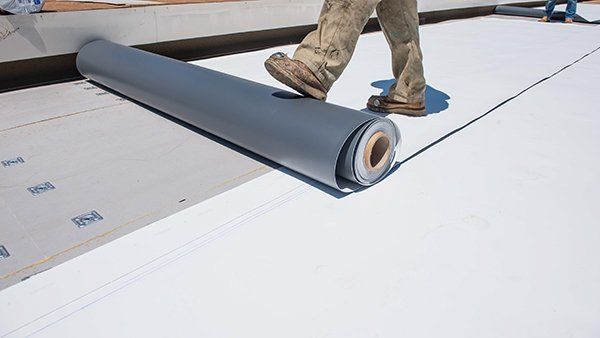
Pros
· Economical
It saves money because it is easy to install.
· Energy-efficient
Because the material reflects the sun’s UV rays, it can help lower energy bills.
· Tough
TPO roofing is resistant to chemical weathering, mold and mildew, corrosion, and buildup of dirt.
· Flexible:
It lends itself to easy shaping.
Cons
· Vulnerable lamination
TPO roofs come with lamination which can start to shrink and crack with time.
· Prone to leak
TPO roofs need a large number of seams to stay in place and this makes them vulnerable to leaks.
3. Ethylene Propylene Diene Terpolymer (EPDM)
Ethylene Propylene Diene Terpolymer (EPDM) or “rubber roof” consists of a combination of ethylene and propylene, which creates a highly durable black or white rubber membrane.
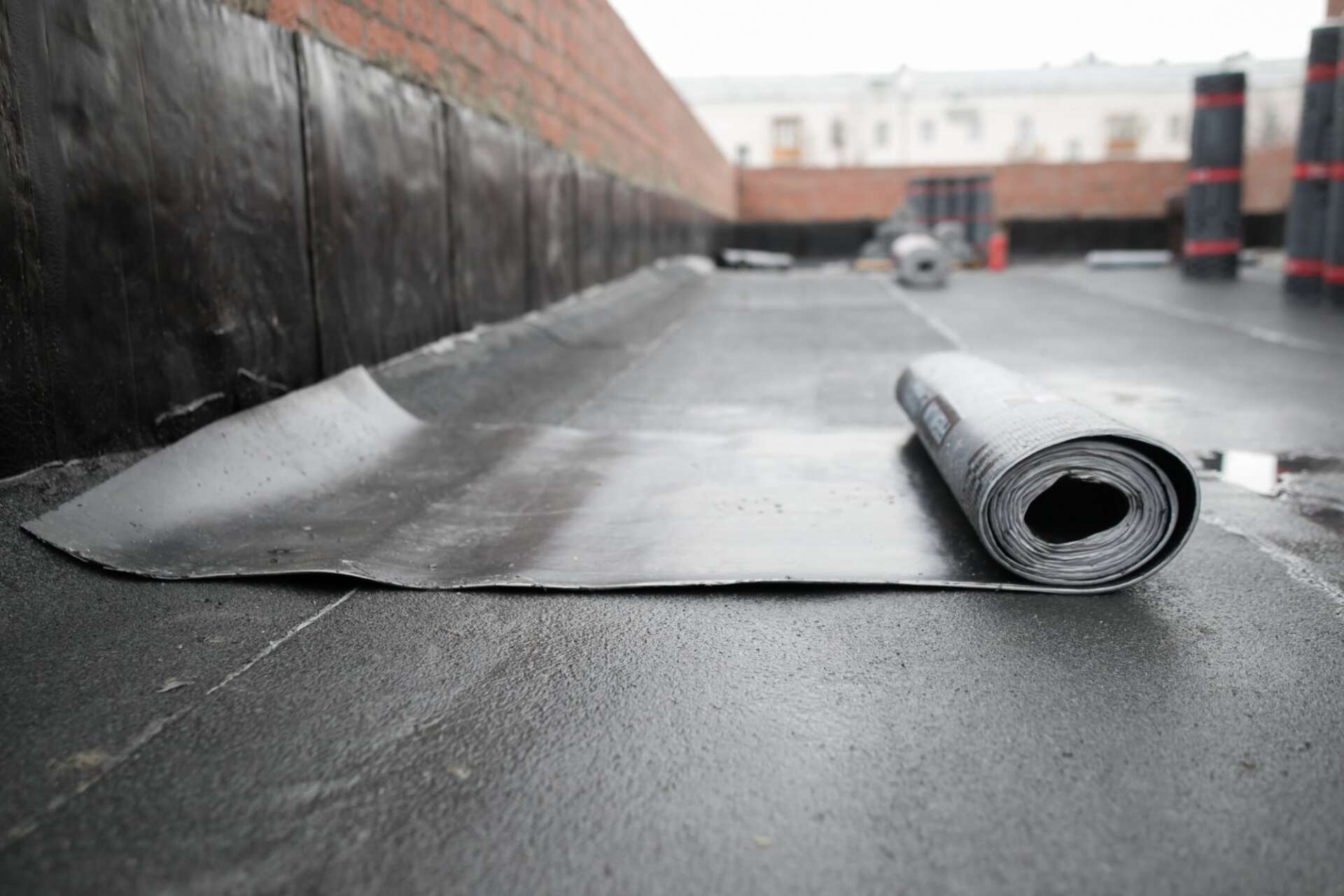
Pros
· Affordable
Installation and maintenance don’t cost much.
· Tough
It is resistant to hail damage.
· Pliable
It can withstand structural movements.
Cons
· Limited installation window
Cannot be installed in wet conditions or else it will leak.
· Vulnerable to UV
The adhesive can weaken from exposure to UV rays
· Energy-inefficient
Black EDPM roofs absorb more heat
4. Polyvinyl chloride (PVC)
Polyvinyl chloride (PVC) commercial roofs are single-ply roofing systems made from two layers of PVC roof material with polyester in between to act as reinforcement. They are heat-welded.
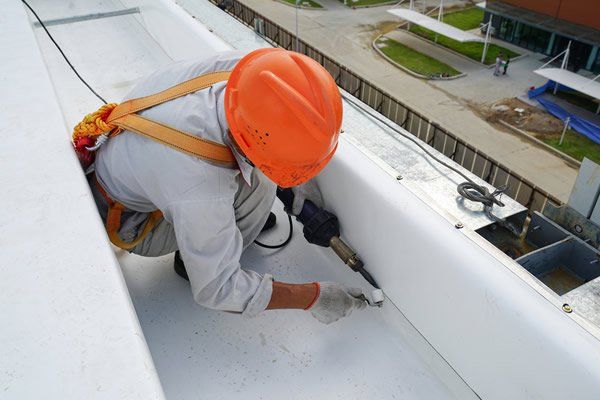
Pros
· Strength
They are flexible and strong.
· Chemical resistance
They can withstand exposure to chemicals, oils, and industrial byproducts.
· Customization
The color of the roof can be customized.
· Maintenance
They are easy to clean.
Cons
· Costly
They are not the most affordable roofing option.
· Energy-inefficient
They are not heat resistant.
· Incompatible with asphalt
If used with asphalt, they will age prematurely.
5. Metal roofs
Metal commercial roofs can be made from a variety of materials – galvanized steel, aluminum, zinc, stainless steel, copper, or combinations of those.
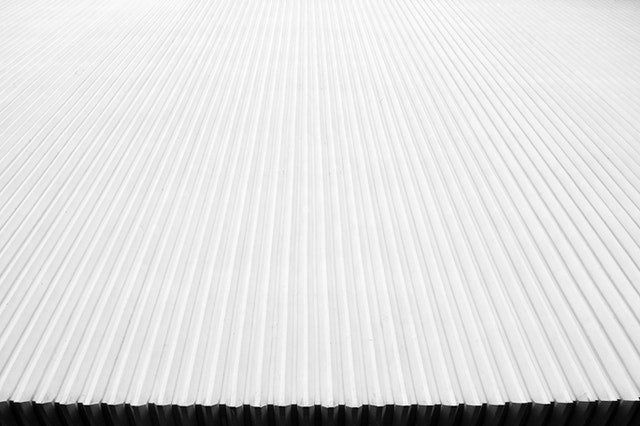
Pros
· Maintenance
They need very little maintenance.
· Array of options
They come in a wide range of finishes and systems.
· Affordable
Compared to how long they last, they are not expensive.
· Heat reflection
They can reduce a building’s energy bill.
Cons
· Damage prone
They dent easily and are prone to corrosion.
· Noisy
In windy conditions, they make a lot of noise.
· Leaks
They must be precisely installed to prevent leaks.
For more information on what the best roofing type for you is, or if you need repairs on your commercial roof, contact R&A Contracting at 636-387-7557
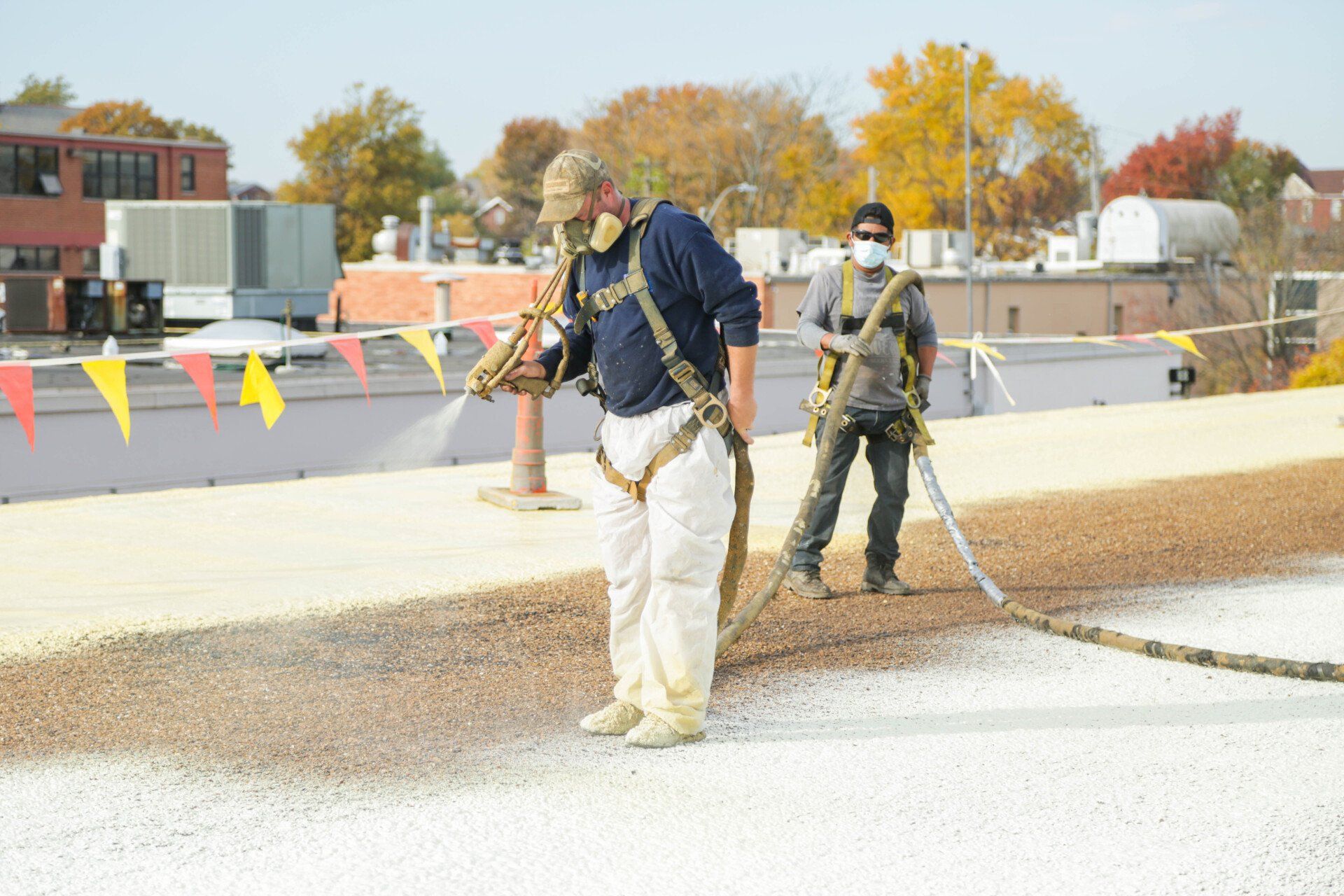

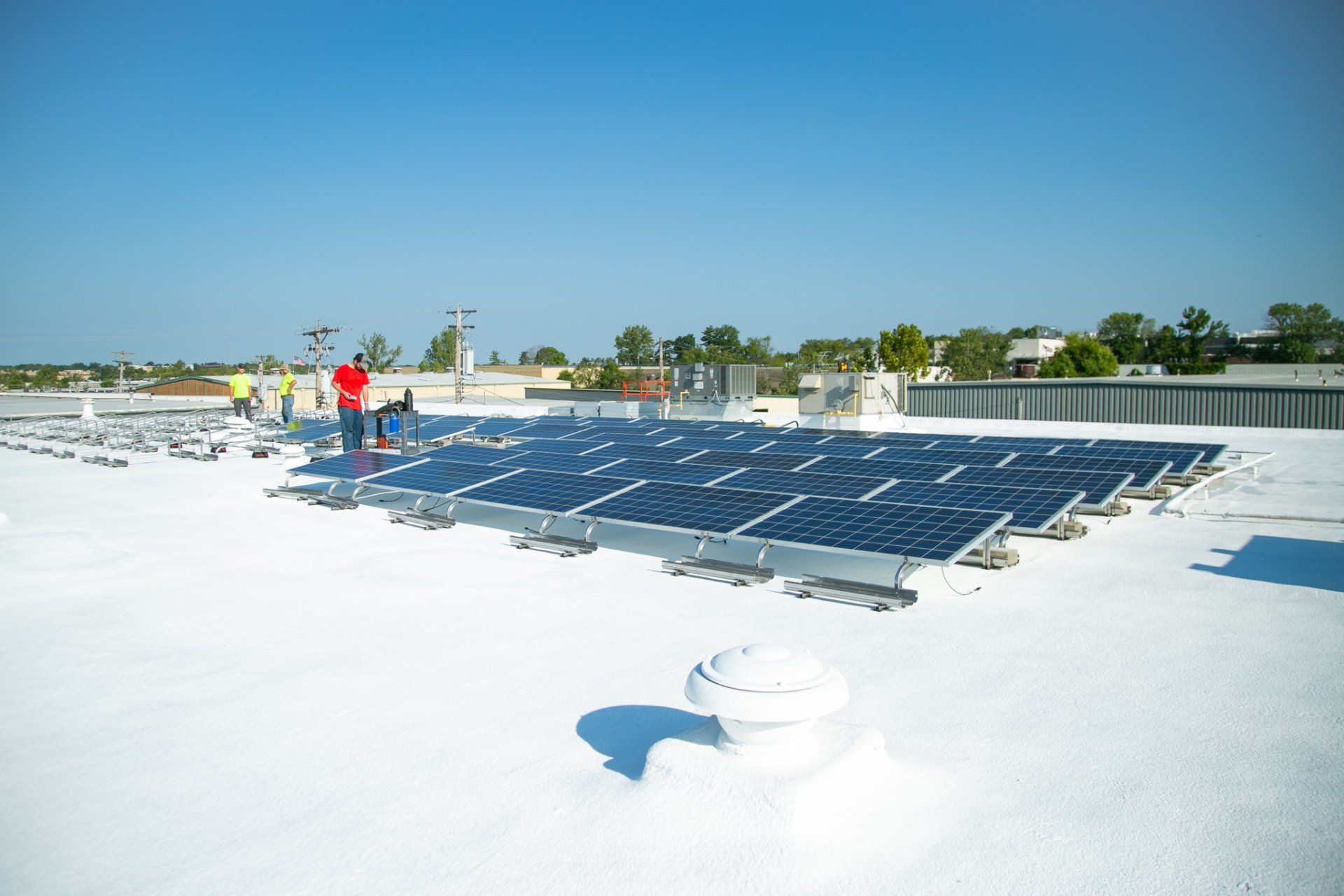
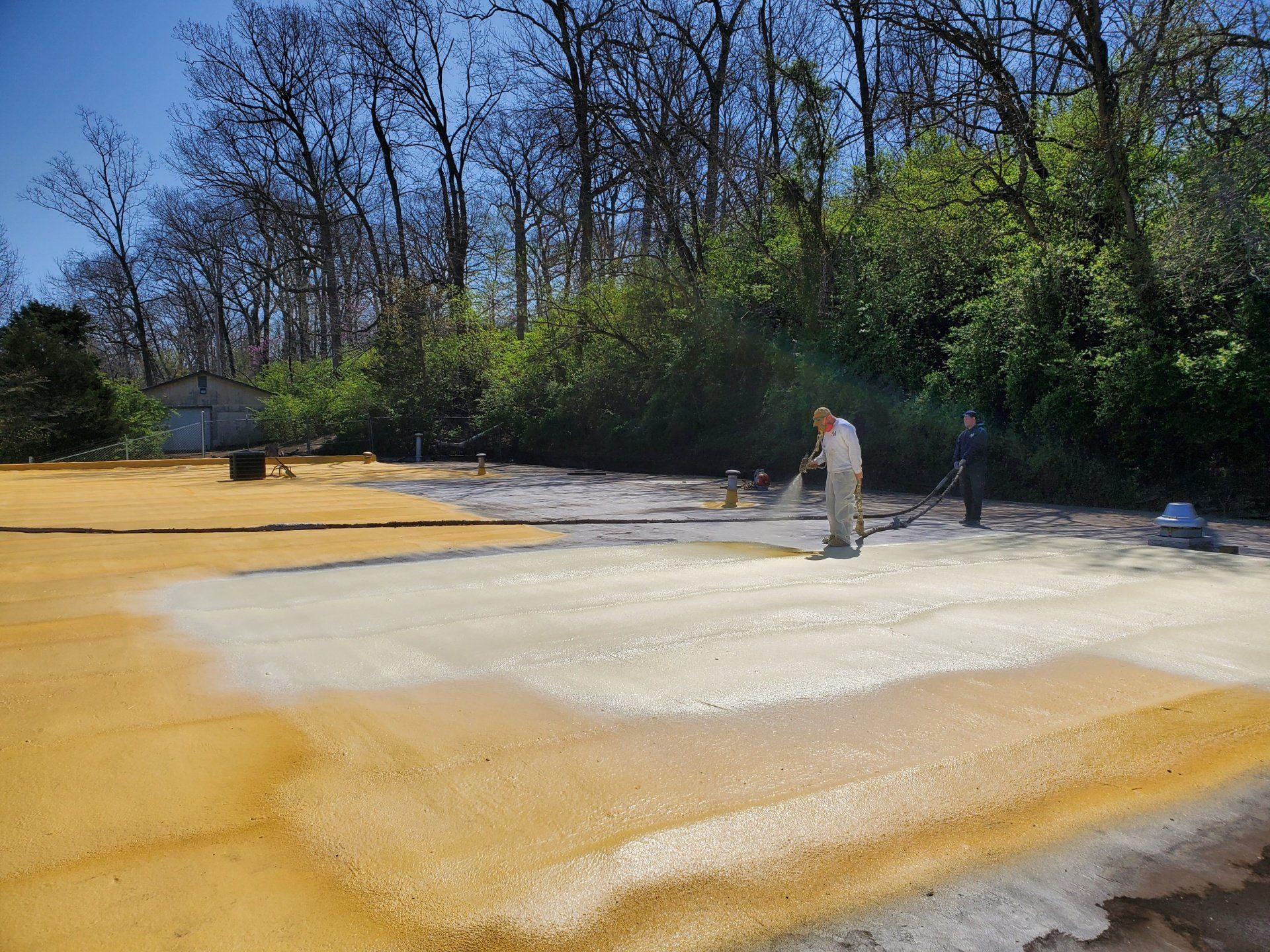
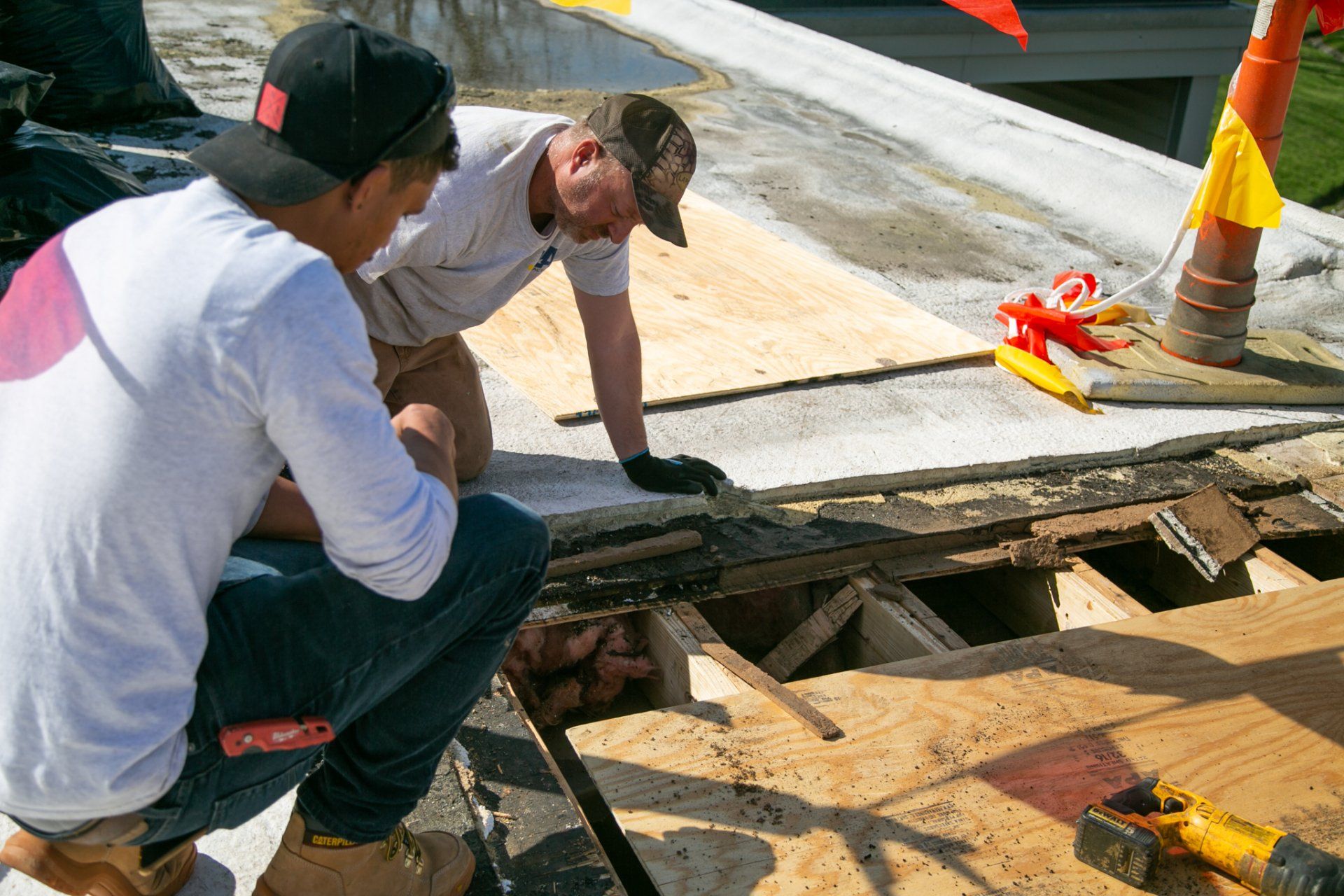
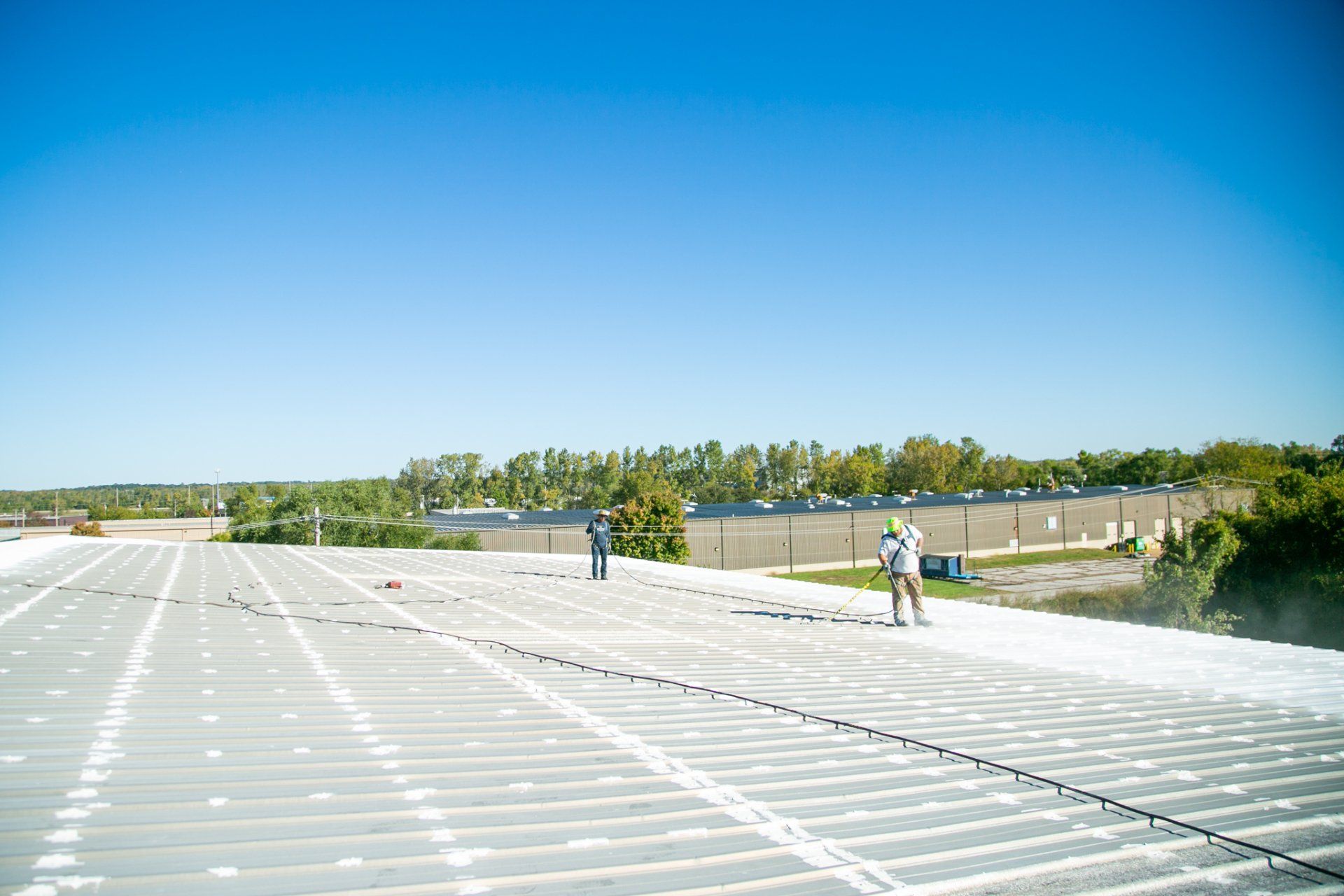
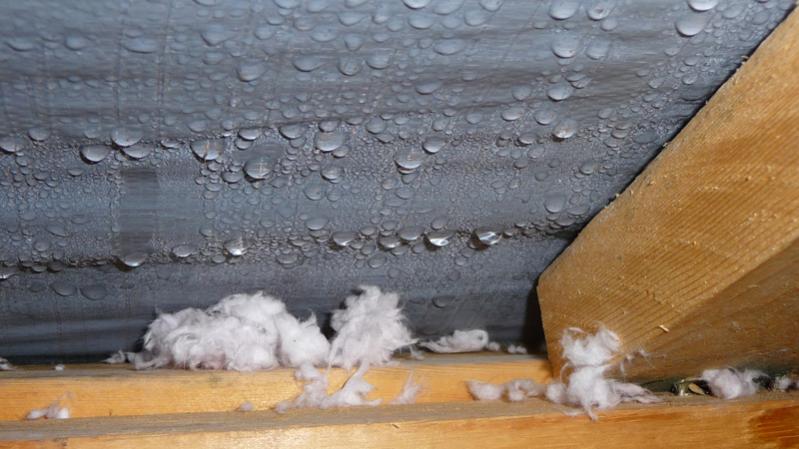
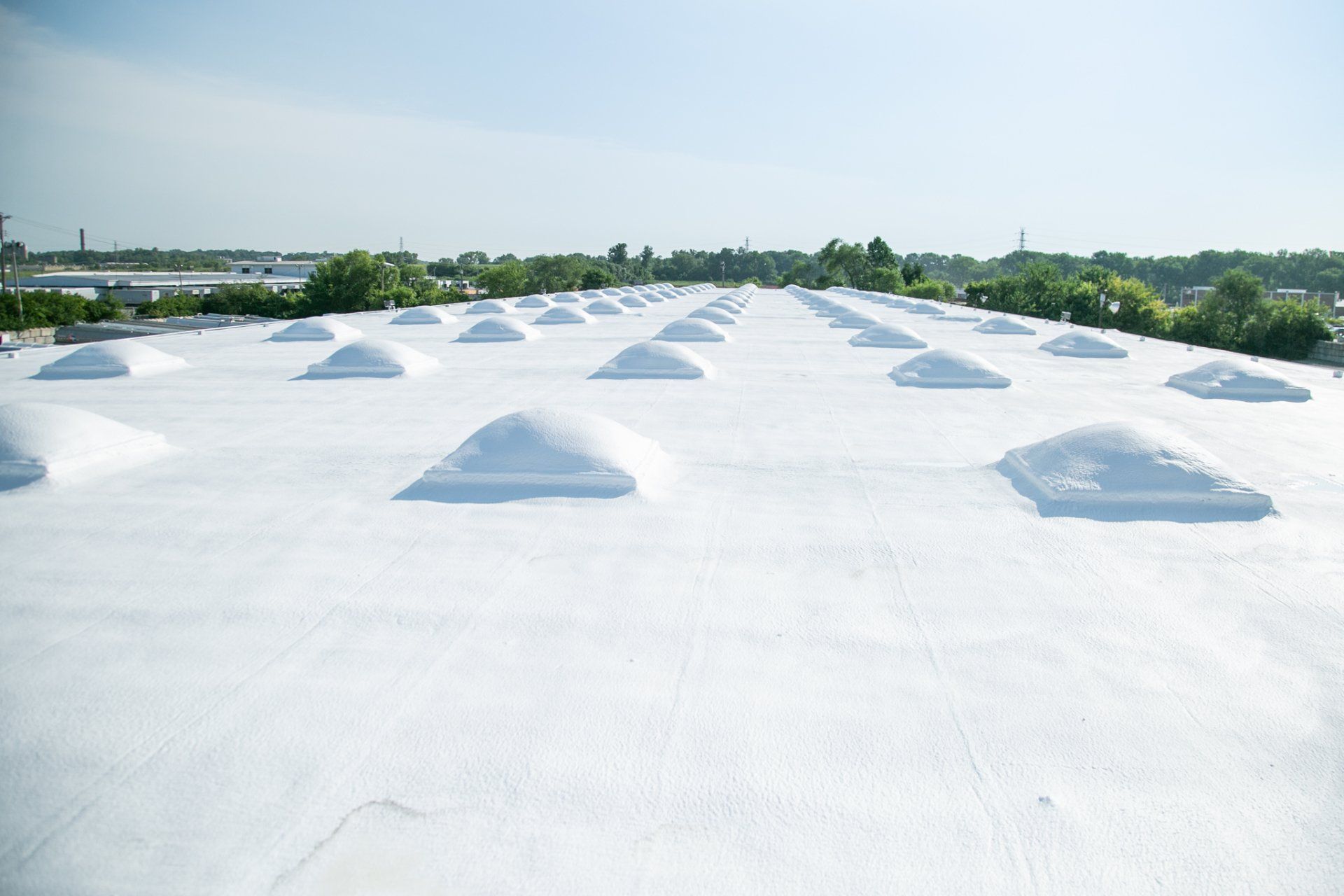
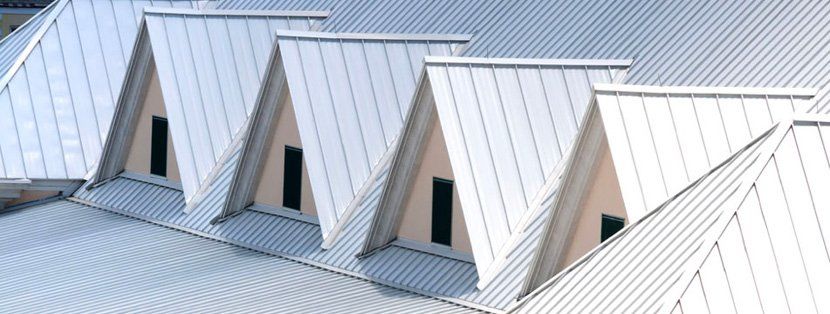
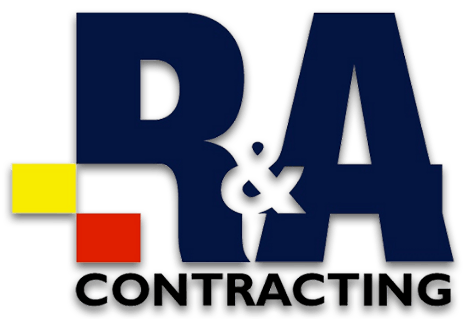
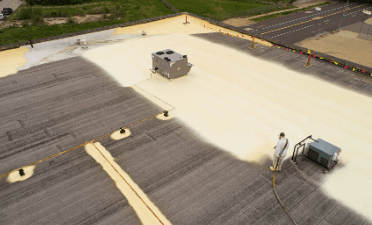
Share On: